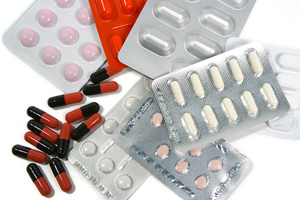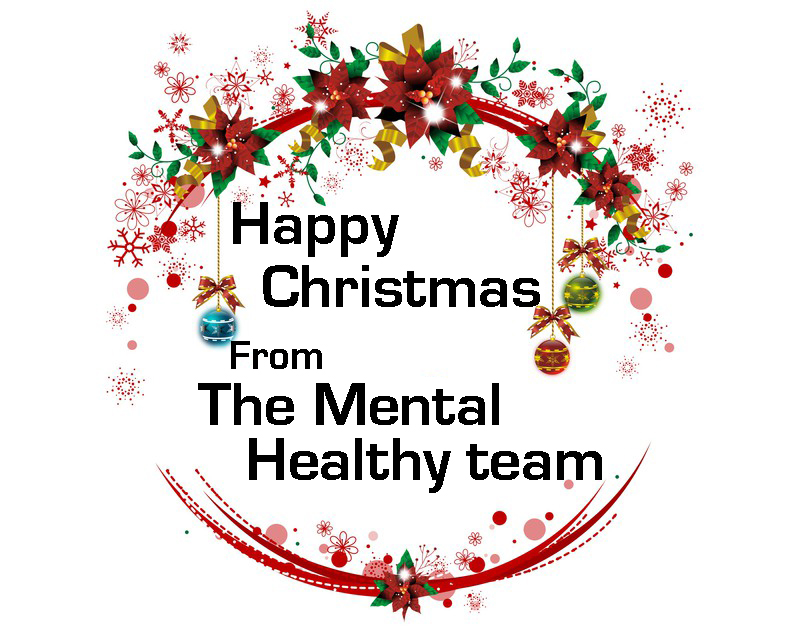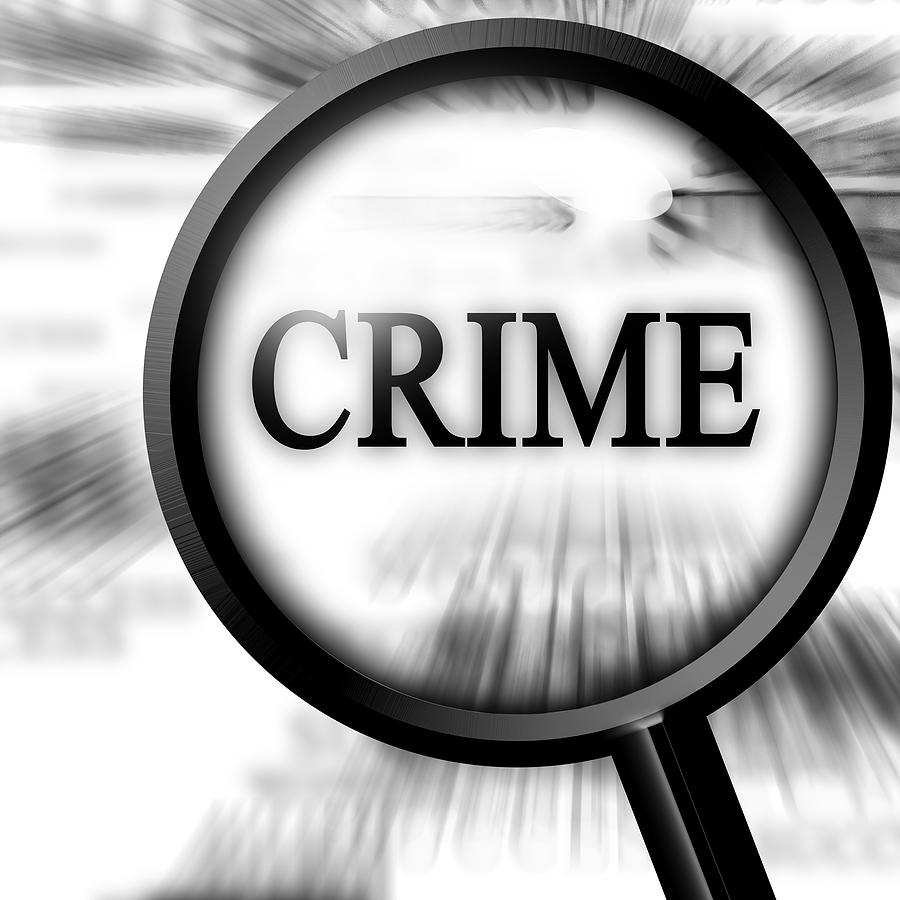
Drug Addiction
While the term drug addiction has most people imagining heroine or cocaine, the term refers not just to these well known class A drugs, but to any drug, prescribed or illicit that has created an addiction in the user.
 Different studies give different figures, but what is clear is that men are more likely to abuse drugs than women – some studies say twice as likely while others estimate the gender divide to be bigger. The UK Drug Policy Commission published a survey stating that people who identified as lesbian, gay or bisexual were about three times more likely to report having taken illicit drugs than heterosexuals.
Different studies give different figures, but what is clear is that men are more likely to abuse drugs than women – some studies say twice as likely while others estimate the gender divide to be bigger. The UK Drug Policy Commission published a survey stating that people who identified as lesbian, gay or bisexual were about three times more likely to report having taken illicit drugs than heterosexuals.
In the general population the most commonly used illicit drug is cannabis, while the most common addiction that results in detox and rehabilitation service use is heroin. However the statistic that may prove to be the most shocking of all is this: Three times more Americans die every year from taking prescription medication than they do from taking illicit drugs. While the UK statistics are unclear, what is apparent is that prescription medication addiction is a real area of concern and just because a substance is legal, this does not mean it cannot be addictive or harmful.
Factors relating to drug abuse
Risk factors are varied and factors for one person may not apply to another (also bear in mind that most people who are exposed to these factors will not become drug users). However we can determine that those who are exposed to the following factors are more at risk of drug abuse:
- Traumatic life events
- Mental health issues
- A guardian or carer who was/is a user
- A genetic predisposition to addictive behaviours
- Availability of substances, usually from a young age
- Poverty
- Those who show early aggressive behaviour
- Those who are given prescription medication by their healthcare provider and who have become dependant upon this medication
As we can see from this list, there are individual, family, peer and community issues that all play a part; therefore early intervention must be looked at in all these areas.
Signs of drug addiction
Signs of drug addiction will very much depend on the drug that the person is addicted to, however this is a rough guide - for more information please see our specific guides below this article.
You may be addicted to a particular drug if:
- You take drugs to avoid or relieve withdrawal symptoms.
- If you go too long without drugs, you experience symptoms such as nausea, restlessness, insomnia, depression, sweating, shaking and anxiety
- You’ve lost control over your drug use
- You need to use more of the drug to experience the same effects
- Your life revolves around drug use
- You’ve abandoned activities you used to enjoy
- You continue to use drugs, despite knowing it’s hurting you or others around you
Physical and psychological addiction
Substances such as heroin create a physical addiction as well as a psychological dependency, which is why we see the largest percentage of those seeking treatment with this addiction. You may be asking isn't all illegal drug use bad? Is drug abuse addiction? And while we would say yes to the first question, all illegal drug use is bad, there is a big difference between drug use and drug addiction. A drug user may enjoy using the drugs, however they will be in control and can stop should this be causing them harm, a drug addict on the other hand will be controlled by his/her addiction rather than being in control. Led by the need to get their fix, an addict will have this priority higher than any other.
As we have already pointed out it is not just illegal drugs that can create a problem and our guide to prescription medication addiction gives a more in depth look at this.
Addiction treatment
Medication and psychological therapies can be used in recovery from drug addiction. Medication may be used in the early stages of detoxification, and to ease symptoms of withdrawal, while psychological therapy needs to be in place to help an addict work through all the psychological implications of his or her addiction.
Factors in long-term recovery include ensuring the individual is adequately supported in the community and has access to practical and psychological help to prevent relapse.
Please see our guides below for more information and resources. Please also see our counselling directory for great sources of professional help.
Please see issue 4 Uncovered magazine for full guide and individual drug information.
Related Guides































